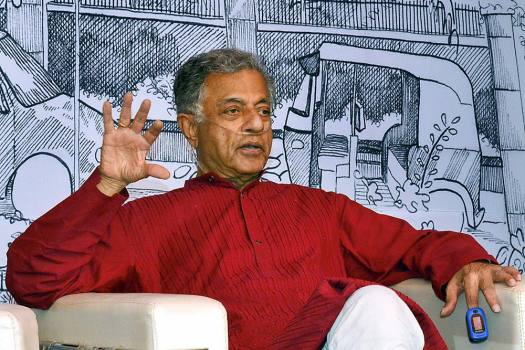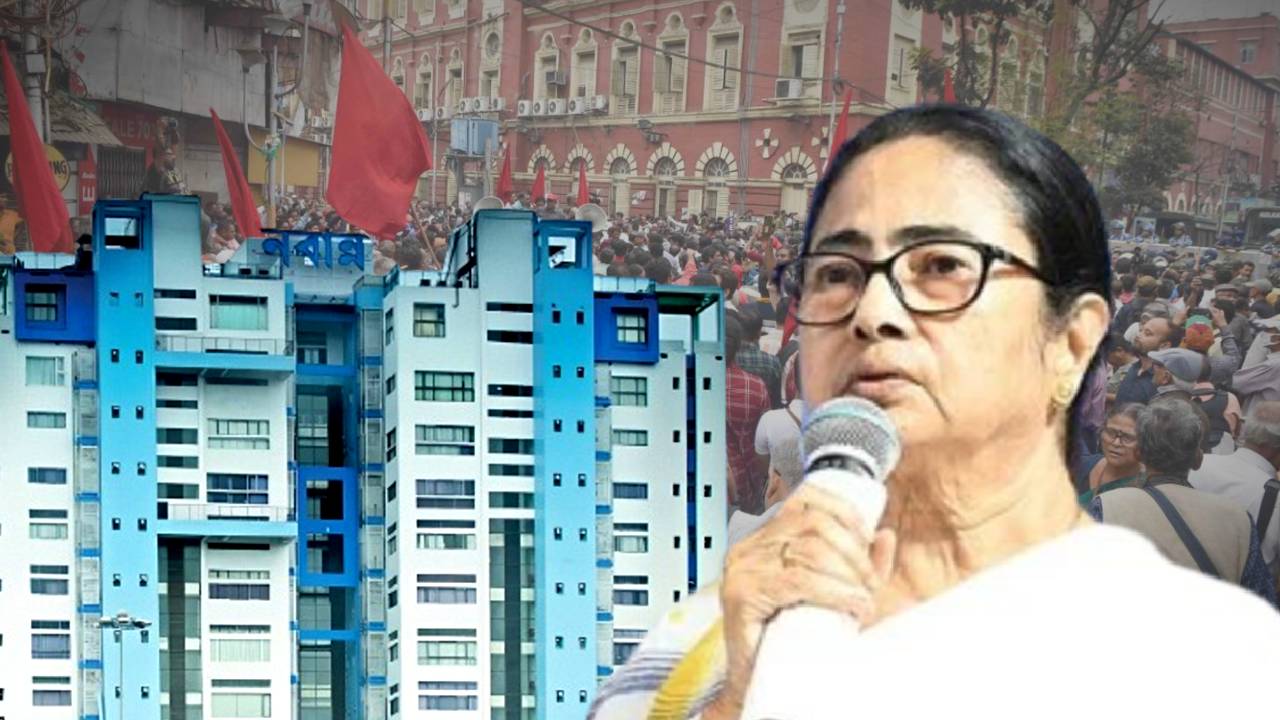Bangla Hunt/ Pallab Ghosh
An era has come to end with the demise of eminent actor, writer and playwright Girish Karnad after a prolonged illness. He was 81.
A multifaceted personality, Girish Karnad was born in Maharashtra on May 19, 1938. He graduated in Mathematics and Statistics from Karnatak Arts College, Dharwad under the Karnataka University in 1958 and then proceeded on a fellowship to study at Oxford where he secured his M.A. degree in 1963. At Oxford, Karnad studied philosophy, politics, and economics.
Girish Karnad started his acting career with Kannada movie, Samskara (1970). He also wrote the script for this film. The movie won the first President’s Golden Lotus Award for Kannada cinema. After that he worked in numerous Kannada and Bolywood films. His pairing with filmmaker Shyam Benegal gave five classics – Antarnaad(1992), Kalyug(1981), Bhumika(1977), Manthan(1976), Nishant(1975). Apart from these he also acted in a few commercial movies. He also worked in Hindi, directing the critically acclaimed Utsav (1984), an adaptation of Shūdraka’s 4th-century Sanskrit play Mrichchakatika.
Karnad wrote his first play, the critically acclaimed Yayati (1961), while still at Oxford. In his next play Tughlaq (1964), he highlighted the 14th-century sultan Muḥammad bin Tughluq. After that he wrote, staged numerous plays and received huge appreciation for his work. It was during early 90’s Girish Karnad hosted a weekly science programme ‘Turning Point’ on the Doordarshan.

For his contributions to theatre, he was awarded the Padma Shri, one of India’s top civilian honours, in 1974. Karnad’s other well-known films in Kannada include Tabbaliyu Neenade Magane (1977) and Ondanondu Kaaladalli (1978).
In the later part of his life, Karnad was mostly seen at various public meetings, panel discussions talking up issues relating politics, society. It was during this time he had ran into numerous controversies which also include his claim that Rabindranath Tagore was a second-rate playwright and that his plays were “unbearable”. Karnad had raised his voice against the violence against writers and journalists in India. He attended the event with placard reading #MeTooUrbanNaxal on one-year of Gauri Lankesj’s death. Karnad also took part in the protests in Bengaluru after Lankesh’s death as well as protests against the murder of academic MM Kalburgi.
Girish Karnad was conferred Padma Shri and Padma Bhushan in 1974 and in 1992 respectively. He was the recipient of the Jnanpith Award, India’s highest literary prize, in 1999 for his contributions to literature and theatre. In 2011, he was conferred with Honorary Doctorate from University of Southern California, Los Angeles.
Karnad served as the director of the Film and Television Institute of India (FTII) from 1974 to1975, the Indian co-chairman for the Joint Media Committee of the Indo-US Sub-Commission on Education and Culture from 1984 to 1993. Chairman of the Sangeet Natak Academy from 1988 to 1993, and president of Karnataka Nataka Academy from 1976 to 1978.
Girish Karnad is survived by his wife Saraswathi, son Raghu Karnad, a journalist and writer and daughter Radha, a doctor based in Kenya.







 Made in India
Made in India